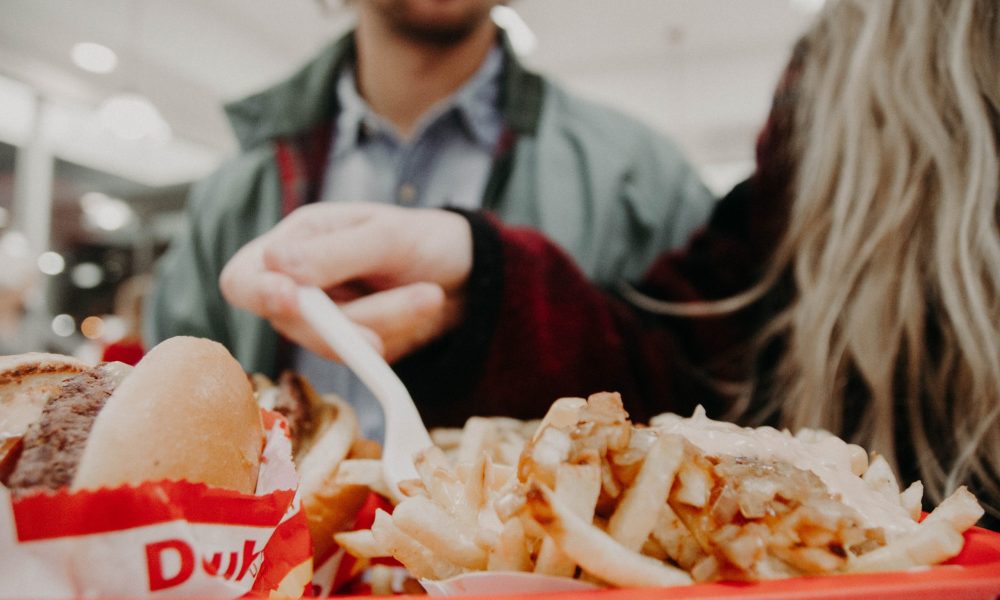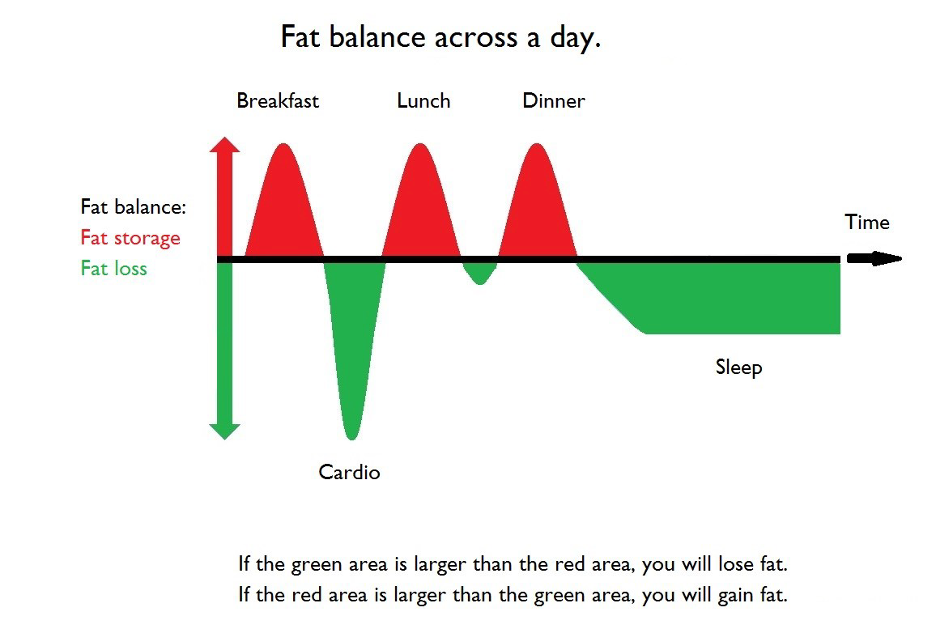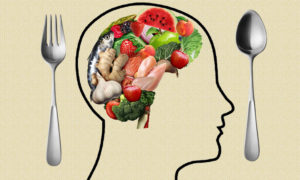
Should You Do Partial Reps? Gain Strength, Size, and Power?
One of the points of partial reps is that you can use higher loads given the same effort and volume. Could there be any benefit in doing this? Could sacrificing range of motion produce better results? Or is it just a way to stroke your ego?






